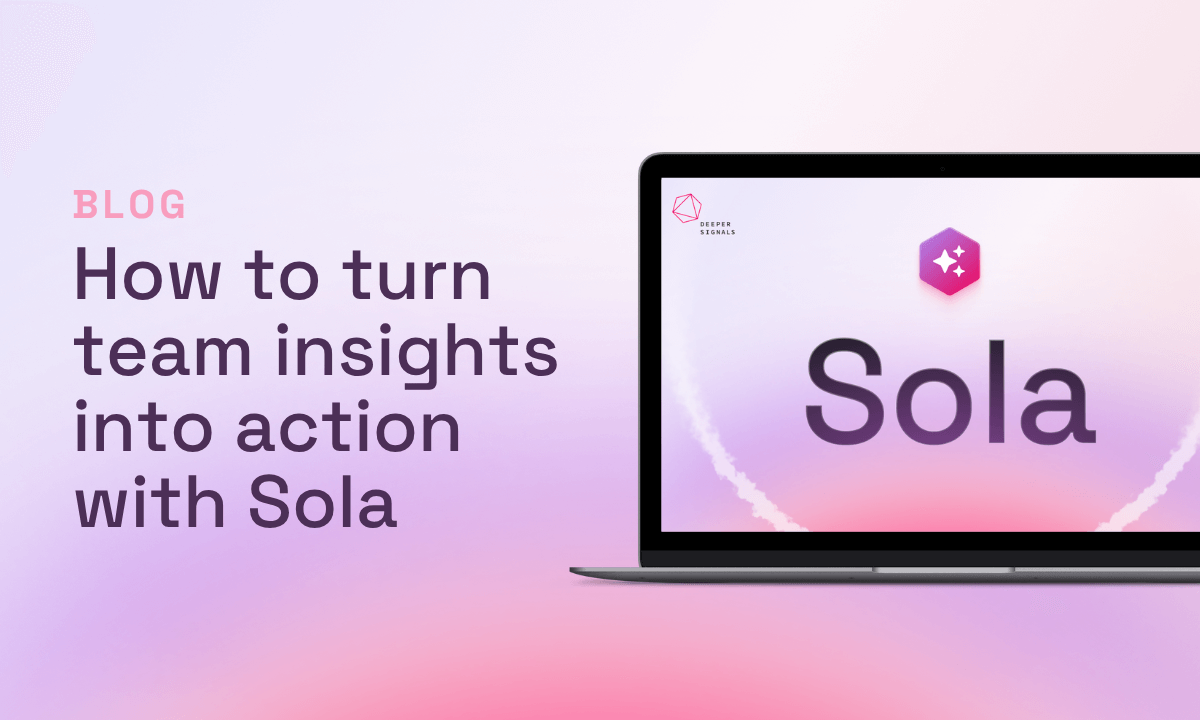Freud's insight cuts to the heart of a critical challenge facing modern organizations: the tendency to prioritize the measurable over the meaningful, the technical over the human. Yet as the WorldEconomic Forum's 2025 Core Skills forecast reveals, the most crucial capabilities for future success are predominantly human-centered: resilience, leadership, empathy, and creative thinking rank among the top requirements Soft skills outnumber ‘hard skills’ two to one.

This shouldn't surprise us.
When Google set out to find what made for a perfect team through Project Aristotle, they expected to find that the best teams were those composed of the brightest individuals with the strongest technical capabilities.
Instead, they discovered something profound: what distinguished high-performing teams wasn't individual brilliance but "psychological safety" - the ability to take risks without feeling insecure or embarrassed. The most successful teams weren't those with the highest IQs, but those displaying the highest emotional intelligence and social sensitivity.
The implications are clear: in an age of artificial intelligence and automation, our most valuable skills aren't technical expertise (ranked only 6th in the WEF's forecast) but our uniquely human capabilities for social connection and emotional understanding. Yet paradoxically, many organizations continue to undervalue these critical competencies, dismissing them as "soft" skills in a hard-edged business world.
This dismissal reflects a deep cultural bias. In many corporate environments, traditionally masculine qualities like assertiveness and technical mastery are valued over traditionally feminine qualities like empathy and relationship building (ranked 7th on WEF's list). This gender-coded thinking creates dangerous blind spots. And this is despite research showing organizations with high emotional intelligence achieve 23% higher profitability than those focused purely on technical capabilities.
These aren't peripheral"nice-to-haves" - they're fundamental human capabilities that drive organizational success. They enable leaders to:
- Build trust across diverse teams
- Navigate complex interpersonal dynamics
- Foster innovation through psychological safety
- Adapt to rapidly changing circumstances
- Inspire and motivate others toward shared goals
McKinsey research has highlighted the growing weight employers place on them. Soft skills are also the hallmarks of human potential, which is the one true competitive advantage in an environment where candidates may be faced with tasks they have never performed before.
The stakes couldn't be higher. As artificial intelligence increasingly handles technical tasks, our uniquely human capabilities become more valuable, not less. Organizations that recognize and nurture these capabilities will thrive; those that don't risk creating sterile, ineffective workplaces that fail to leverage humanity's greatest strengths.
The WEF's emphasis on curiosity and lifelong learning (8th) points to another crucial truth: the future belongs not to those who can merely execute tasks efficiently, but to those who can continuously adapt, learn, and grow in their human capabilities. This requires organizations to:
- Actively assess and develop emotional intelligence
- Create environments that foster psychological safety
- Value and reward relationship-building skills
- Invest in training that develops interpersonal capabilities
The irony is that in our rush to embrace artificial intelligence and technical innovation, we risk overlooking the very qualities that make us uniquely human - and uniquely valuable. The so-called"soft skills" aren't soft at all - they're the hardest and most valuable capabilities we possess.
As we stand at the threshold of the AI era, we must remember that our most precious skills aren't those that machines can replicate, but those that make us irreplaceably human.





























